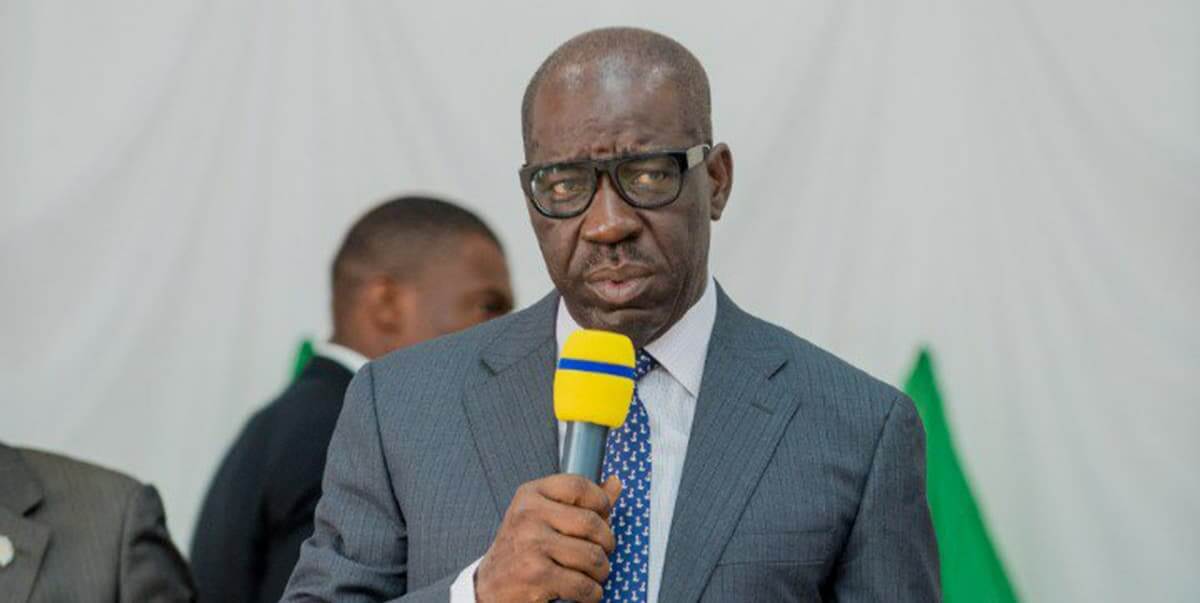Global technology company, Huawei, has reaffirmed its dedication to advancing Nigeria’s energy infrastructure via its collaboration with Rana Energy to successfully commission phase 1 of the 5 MW Energy Security Programme aimed at boosting energy production in Nigeria.
During the presidential commissioning of the 5MW Energy Security Program and the 1MW project yesterday at the National Defence College in Abuja, Zhang Jim, a board director at Huawei Nigeria, highlighted the importance of this initiative.
“This is exactly what we have been aiming for. By integrating our product across the electric network, we are not only supporting the current infrastructure but also paving the way for Nigeria to make greater use of renewable energy in the future. This approach will result in significant cost savings over time, which we are very pleased about,” he said.
He added, “Today, we are here to celebrate this milestone and to engage with our partners at the National Defense College (NDC). Our presence here is to support them, and this partnership is crucial as we work together towards a more sustainable and cost-effective energy future for Nigeria.”
Zhang reiterated Huawei’s commitment to advancing the country’s energy capabilities and fostering a cleaner, greener future for all.
On his part, Rana Energy CEO and co-founder Abraham Mohammed said the project was initiated in response to a clarion call from President Bola Ahmed Tinubu, who urged the nation to utilise all available resources to increase energy production.
Mohammed emphasised that the project, which was flagged off 11 months ago by the President, represented by the Minister of Defense, has now achieved its first major milestone with the commissioning of Phase 1.
“I want to extend our gratitude to Huawei, UBA Bank, ARM HoldCo, and Dentons ACAS-Law for their unwavering support in realising this vision,” he said.
He emphasised that this installation is complemented by a 400 kilowatt-hour battery storage system, providing four to six hours of additional power when solar generation is low.

 4 weeks ago
45
4 weeks ago
45















 English (US) ·
English (US) ·